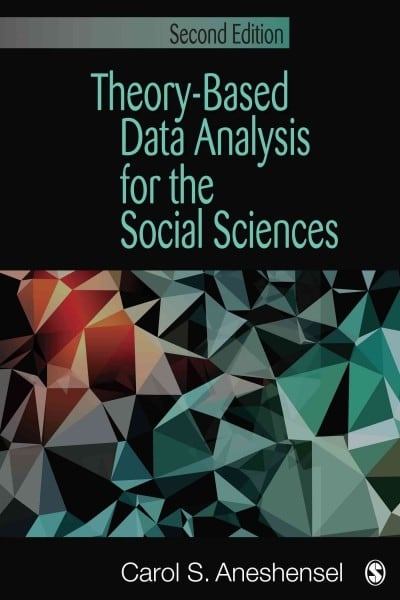Question
Jack has contacted you to discuss counselling for his 16-year-old daughter, Danni. Jack and his wife, Crystal, divorced when Danni was 6 years old, and
Jack has contacted you to discuss counselling for his 16-year-old daughter, Danni. Jack and his wife, Crystal, divorced when Danni was 6 years old, and Danni lived with her mother, with regular contact with Jack, since the divorce. Three years ago, Crystal was diagnosed with lung cancer and after a long battle with the disease, passed away 6 months ago. During Crystal's illness, Danni continued to live with her and only moved in with Jack, his current partner Alison, and their 10-year old daughter, Sophie when Crystal was too ill to stay at home. Jack feels that Danni has not really settled in her new home and often argues with Jack and Alison. She spends a lot of time alone in her bedroom and refuses to take part in family dinners. She is also becoming increasingly isolated and only seems interestied in talking to her friends. Jack is worried that she is not fitting into the family and that she is not coping with her mothers' death. Jack asks your advice on what sort of counselling could be most helpful for Danni.
- Make a report after reading the case above and EXPLAINING HOW YOU WOULD WORK WITH THECLIENT FROM EXISTENTIAL COUNSELLING Approach for this case by including the below headings:
1. INTRODUCTION - Include in-text references
2. THE KEY PRINCIPLES AND GOALS OF THE Existential APPROACH IN WORKING WITH DANNI- Include in-text references
3. THE RATIONALE TO SUPPORT THE CHOICE OF Existential COUNSELLING APPROACH IN TERMS OF THEIR APPLICATION TO WORKING WITH CHILDREN AND FAMILIES- Include in-text references
4. THE RATIONALE EXPLAINING WHY THE SUGGESTED Existential APPROACH MAY BE HELPFUL FOR WORKING WITH CHILDREN & FAMILIES- Include in-text references
5. SUGGESTION OF TWO TECHNIQUES OR INTERVENTIONS FROM THE APPROACH THAT YOU WOULD USE WITH DANNI TO FACILITATE CHANGE- Include in-text references
6. CONCLUSION -Include in-text references
7. REFERENCE LIST by using these references below; Include in-text references too for the paragraph described.Missing in-text reference from introduction till conclusion please.
Egan, G. (2013) The Skilled Helper: A Problem-Management and Opportunity-Development Approach to Helping. (10th ed.). Belmont, CA: Thomson.
Geldard, D., &Geldard, K. (2011) Basic Personal Counselling (7th ed.). Sydney, NSW: Pearson Education Australia.
Kottler, J.A., & Brew, L. (2008) Applied Helping Skills: Transforming Lives. Thousand Oaks, CA: Sage Publications Ltd.
McLeod, J., & McLeod, J. (2011).Counselling skills: A practical guide for counsellors and helping professionals(p. 378). New York, NY: McGraw-Hill Education.
Corey, G. (2016). Theory and practice of counselling and psychotherapy (10thed.) Boston, MA: Cengage Learning
Friedman, M. (1964). Existential psychotherapy and the image of man. Journal of Humanistic Psychology.
Corey, G. (2009) Theories and Practice of Counseling and Psychotherapy. (8th ed.) Belmont, CA: Thomson Higher Education.
Corey, G. (2013) Theories and Practice of Counseling and Psychotherapy. (9th ed.) Belmont, CA: Brooks/Cole CENGAGE Learning
McLeod, J. (2003) An Introduction to Counselling. (3rd ed.) Maidenhead, Berkshire, UK: Open University Press.
Mendelowitz, E. & Schneider, K. (2008) Existential Psychotherapy. In R.J. Corsini & D. Wedding Current Psychotherapies. (8th ed.) Belmont, CA: Thomson Higher Education, pp295-327.
Step by Step Solution
There are 3 Steps involved in it
Step: 1

Get Instant Access to Expert-Tailored Solutions
See step-by-step solutions with expert insights and AI powered tools for academic success
Step: 2

Step: 3

Ace Your Homework with AI
Get the answers you need in no time with our AI-driven, step-by-step assistance
Get Started


